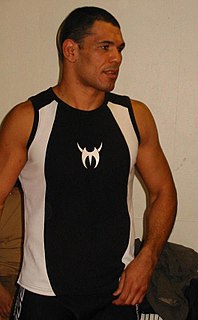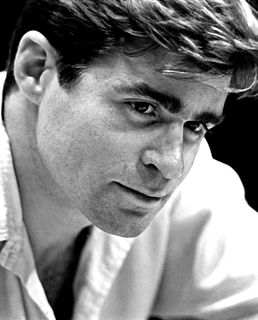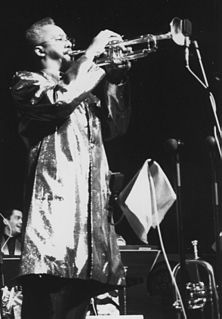A Quote by Lynn Nottage
I think that when you're first shaping the play and trying to find a character, the initial actors that develop it end up imprinting on it - you hear their voices, you hear their rhythms. You can't help but to begin to write toward them during the rehearsal process.
Related Quotes
People probably have different philosophies about this, but I think that when you're first shaping the play and trying to find a character, the initial actors that develop it end up imprinting on it - you hear their voices; you hear their rhythms. You can't help but to begin to write toward them during the rehearsal process.
I think right now is when we need to hear different voices coming out of all parts of the world. You can't just hear the politicians and the military leaders. You have to hear from the taxi drivers. You have to hear from the painters. You have to hear from the poets. You have to hear from the school teachers and the filmmakers and musicians.
I think, first and foremost, showing up, making sure that Democrats focus not just on elections, not just on presidential elections, but we begin the process of rebuilding the infrastructure of the party at the grassroots. We begin going out to all those rural counties and begin having a conversation with rural voters and making sure that we hear their concerns, hear their complaints, and also educate them about what we are doing, making sure that we focus on state legislative races, not just congressional, Senate, governor, and presidential races.
The first thing that happens is the cleansing of the former character. I don't think a lot of actors talk about it, but there is usually a process where you essentially purge yourself of the character played prior to the movie. Then you want to think about what the character represents, and you write down all of the elements about this character and then take the time to find some synchronicity and start breathing the character.
One of the rules of the road is that if you want to create the sense of silence, it frequently has more pungency if you include the tiniest of sounds. By manipulating what you hear and how you hear it and what other things you don't hear, you can not only help tell the story, you can help the audience get into the mind of the character.
Jazz is so difficult. A lot of people think once they've learned these licks they can get up and play them for the rest of their life. But that's not being truthful to the music 'cause it's not developing. Cats you hear that don't make no mistakes? They ain't trying to do nothing. everything they hear is on the mark, but they've played it so many times... I've built a whole career out of making mistakes!





































